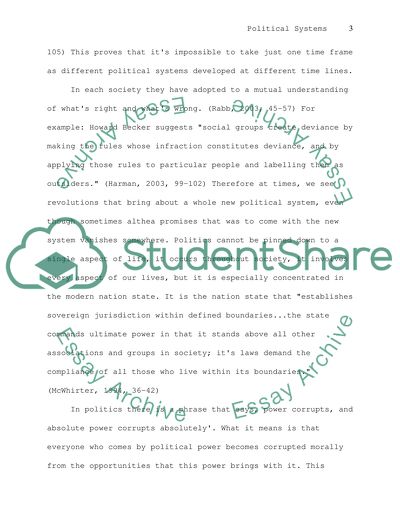Cite this document
(“Compare and contrast the British and American political systems Essay”, n.d.)
Compare and contrast the British and American political systems Essay. Retrieved from https://studentshare.org/miscellaneous/1513238-compare-and-contrast-the-british-and-american-political-systems
Compare and contrast the British and American political systems Essay. Retrieved from https://studentshare.org/miscellaneous/1513238-compare-and-contrast-the-british-and-american-political-systems
(Compare and Contrast the British and American Political Systems Essay)
Compare and Contrast the British and American Political Systems Essay. https://studentshare.org/miscellaneous/1513238-compare-and-contrast-the-british-and-american-political-systems.
Compare and Contrast the British and American Political Systems Essay. https://studentshare.org/miscellaneous/1513238-compare-and-contrast-the-british-and-american-political-systems.
“Compare and Contrast the British and American Political Systems Essay”, n.d. https://studentshare.org/miscellaneous/1513238-compare-and-contrast-the-british-and-american-political-systems.


